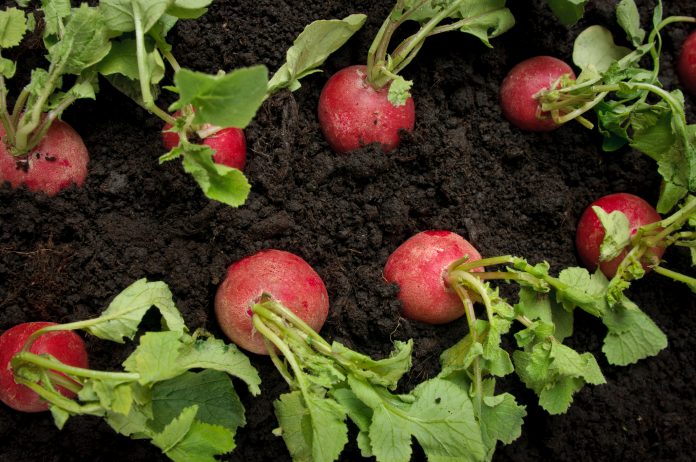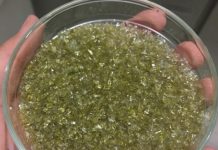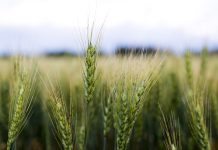Sabien Pollet, Research Leader, Outdoor Vegetables at Inagro and part of SmartProtect H2020, considers smart agriculture for innovative vegetable crop protection
Since 2014, farmers have been obliged to apply the principles of Integrated Pest Management (IPM) or Integrated Crop Management.
Within European agricultural policy, IPM or Integrated Crop Management is an instrument to achieve sustainable vegetable production. It consists of the integration of methods to control diseases, pests and weeds, taking into account the environment, human health and cost-effectiveness for the farmer.
Farmers in various European regions still lack up-to-date knowledge and techniques to apply IPM in a contemporary way in their daily operations. Researchers and consultants offer an answer to this in SMARTPROTECT. Inagro and 14 international partners are exchanging knowledge about existing and innovative techniques.
IPM means the careful consideration of all available plant protection methods and the subsequent integration of appropriate measures that discourage populations of harmful organisms from developing, and keep the use of plant protection products and other forms of intervention to levels that are economically and ecologically justified, while minimising risks to human health and the environment. IPM emphasises the growth of healthy crops with the least possible disruption to agro-ecosystems and encourages natural pest control mechanisms (definition from the European Commission). IPM stands for a holistic approach to plant health management, based on prevention, monitoring and control.
Closing the knowledge gap between research & practice
The 15 European partners are collaborating over three years to assimilate and disseminate knowledge to farmers and advisors. SmartProtect is first and foremost a network in which we collect and share knowledge about SMART IPM, meaning innovative, techniques across borders. In addition, we are looking for innovation in vegetable cropping systems.
Thanks to precision agriculture and data analysis, there are undoubtedly opportunities to integrate advanced technologies into the sector. In the project, the partners aim to bridge the knowledge gap between research and practice regarding innovations in IPM methodology in different outdoor and protected vegetable and salad crops. In doing so, they will take into account the specific regional needs of vegetable farmers across Europe. Then we will compare the IPM techniques, taking into account their socio-economic and legal context. Finally, we want to identify techniques with the best innovation potential.
Selecting benchmarking categories out of 163 techniques
Following the second phase of data collection, there were a total of 194 items in the SmartProtect database. A few of these were ‘repeats’ and a small number were for technologies where the decision had been made to exclude them (biological control agents, host plant resistance). Thus, in the end, there were 163 relevant entries. These entries were categorised and sorted, to group them for benchmarking.
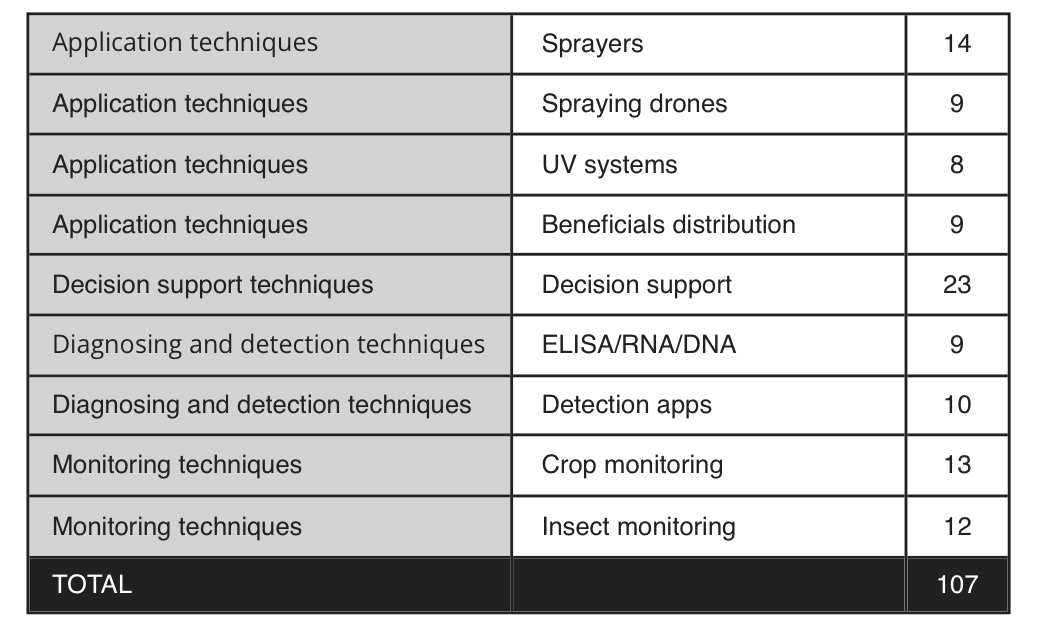
Four main themes, some split into sub-themes (Table 1; Figure 1) were selected. For benchmarking to be effective there need to be several examples in each category, ideally 10 or more. Some of the techniques could not be included in a group, so although included in the database, they will not be benchmarked.
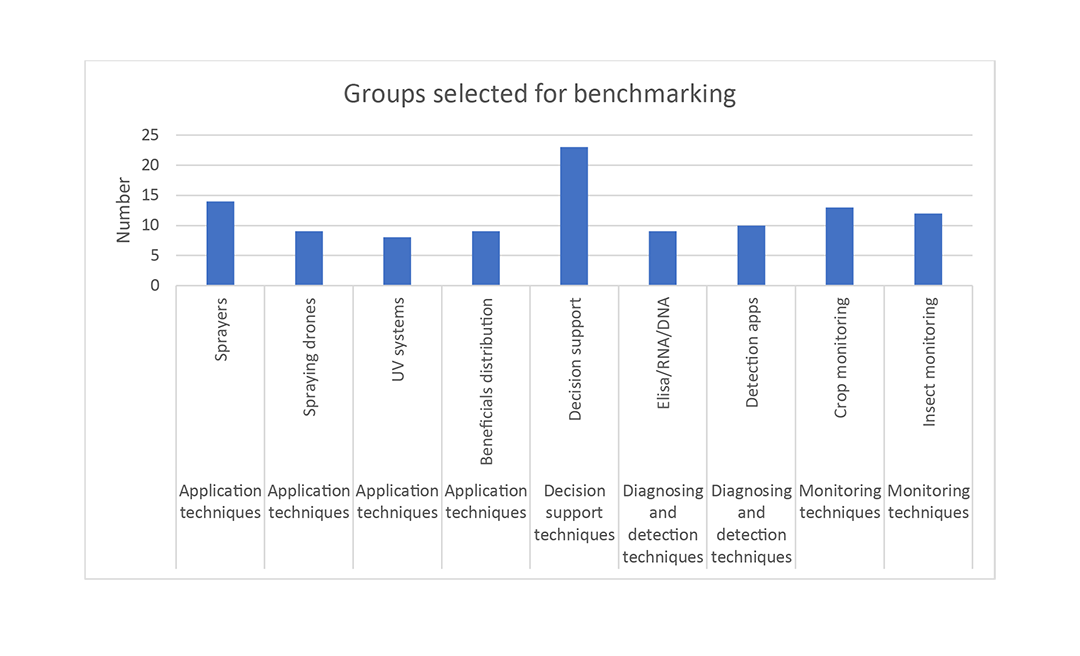
Smart technology deemed important for vegetable crop protection, not discussed too often by farmers
The project consortium conducted two surveys in spring 2021: one was for stakeholders (farmers) and the other for agricultural experts. Around 60% of the respondents to both surveys considered that the use of SMART IPM technologies and methodologies in plant protection are important. However, around one-quarter of the respondents to the stakeholder survey never discuss using SMART IPM technologies and methodologies in plant protection in their work environment. Just 6% and 16% of the survey’s respondents see the use of the SMART IPM technologies and methodologies in plant protection as very unimportant or unimportant, respectively.
Sharing applicable & understandable practical information is key
Together, the project partners are aiming to increase the flow of applicable and understandable, practical information between, and to vegetable farmers. This is achieved by using an online platform through which the consortium collects, shares, manages and disseminates knowledge on IPM. The platform was launched in 2021 and can be accessed here. Practice abstracts under the EIP-AGRI common format are used to summarise the knowledge collected.
Outreach to farmers by training days, (online) courses, seminars & a final international rally
The project aims to establish efficient communication between the scientific community, companies, competent authorities, farmers, societies of vegetable producers, and other stakeholders aiming to develop and use SMART technologies for vegetable crop protection. Direct discussion and information dissemination are on-going through face-to-face meetings and seminars, field visits or demonstrations of SMART techniques and more events are to come. Regional events using the local language are the first layer of the dissemination followed by regional hub activities and a final international rally.
Acknowledgement
The authors wish to acknowledge the project partners Rosemary Collier from the University of Warwick for setting up the database with smart IPM techniques, Mohamed Baklawa and Elias Böckmann from Julius Kühn-Institut for the development of the stakeholders and expert surveys and benchmarking exercise, Mike Kaminiaris and Zisis Tsiropoulos from AGENSO for setting up the SmartProtect platform.
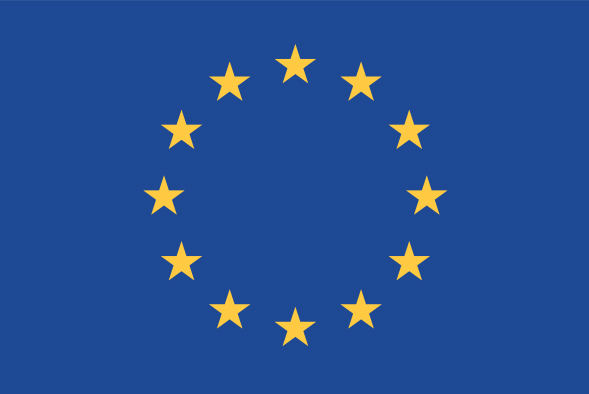
SmartProtect has received funding from the European Union’s HORIZON 2020 Research programme under the Grant Agreement no. 862563.
Please note: This is a commercial profile
© 2019. This work is licensed under a CC BY 4.0 license.

